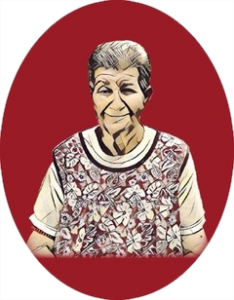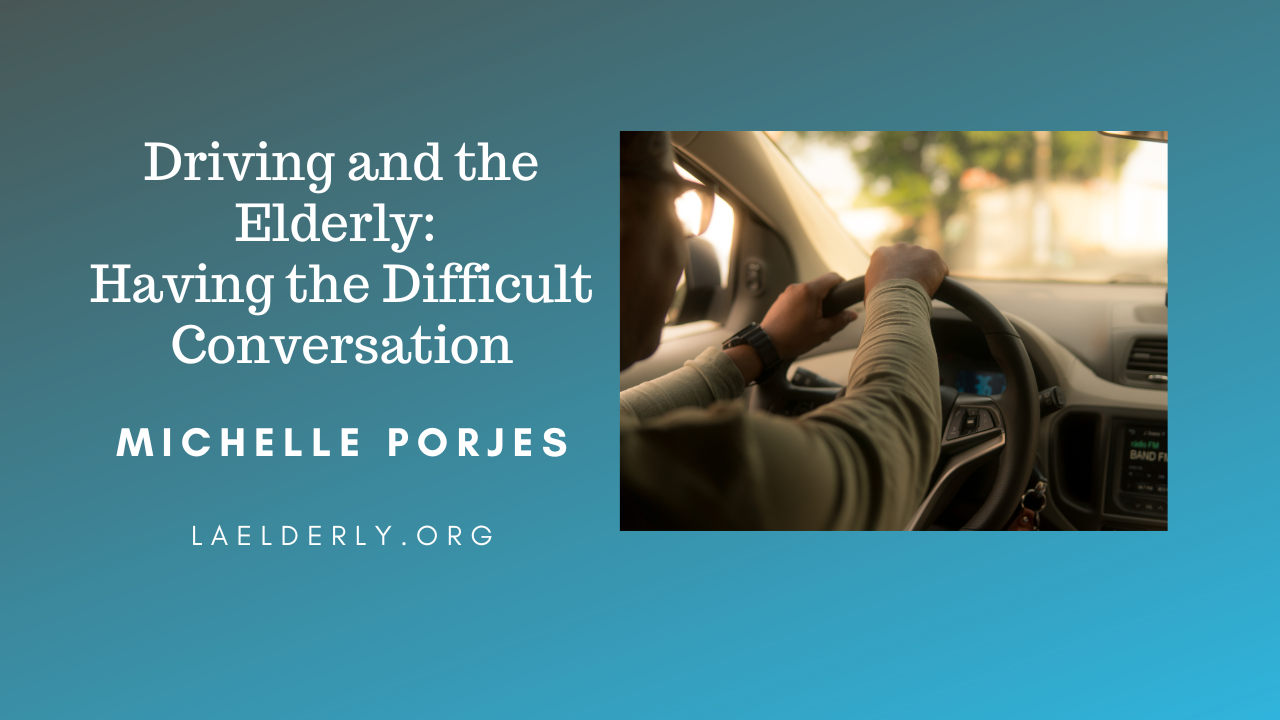Some of the issues involving helping elderly loved ones can be difficult and full of tough decisions. The elderly often face unique medical and lifestyle issues that call upon them and those that love them to find solutions that they can live with. It can be common for the elderly to struggle with limitations related to independence and to accept the changes in the way life is lived.
Driving is just such an issue. For most adults, the ability to drive a car is an integral part of our sense of empowerment and freedom. We seldom think of what it would be like if we couldn’t just jump in the car and go. The feeling of complete freedom to go where you want and when you want is such a deep part of how we all function. It can seem inconceivable to any of us to lose that mobility and freedom.
For the elderly, there can be a time when they will need to give up driving. The causes are many, but the most common reason that calls for senior citizens to stop driving is failing eyesight. While much can be done to preserve eyesight, if their ability to see becomes a hazard behind the wheel, then it may be time to let go of the precious freedom of driving.
How do we help our elderly loved one accept and then cooperate with a plan to reduce or eliminate their driving?
You might be surprised to hear that when it comes time for you, as the child or caregiver of an elderly loved one, to talk to them about giving up driving, they may have already begun to think about it. Many elderly are very aware of their physical changes and limitations. So, while they may initially resist giving up driving, they may know in their hearts that this time would come. They may be actually waiting for someone else to tell them that it is time, and deep down they may fear for their own safety and a lack of independence should they be seriously injured in a car accident. Finally, many elderly can shy away from driving for fear of getting lost or causing harm to others. Having a conversation might be tough, yet it might provide relief for all involved.
The next step can be the game changer. It’s called “the AND” conversation.
It goes like this; when you present the problem, don’t end there. Rather, add the words “AND” and a possible solution. In this case, the conversation might look like this:
“You won’t be driving the car anymore, AND we have made arrangements for a solution so you can still get out and go places.”
This can reassure the elderly loved that accommodations are in place to help them get out and about so that an important element of independence can be preserved.
There are many services such as Access, Uber, City Ride that can provide transportation at reduced cost. Hiring a driver may also be a good solution, especially if the elderly loved one needs accompaniment to appointments, etc.
If you found this article helpful, more articles are available on www.laelderly.org.

